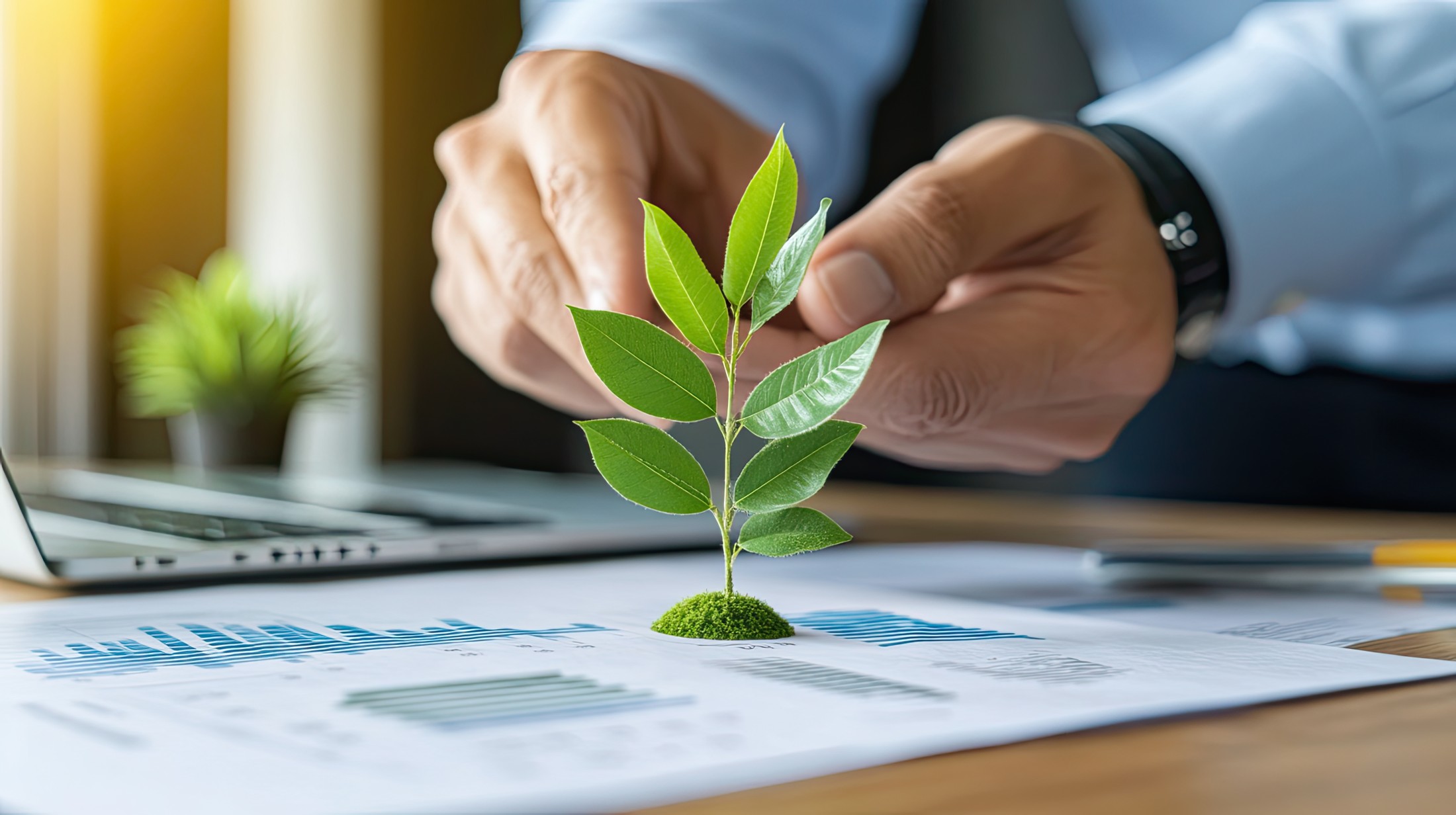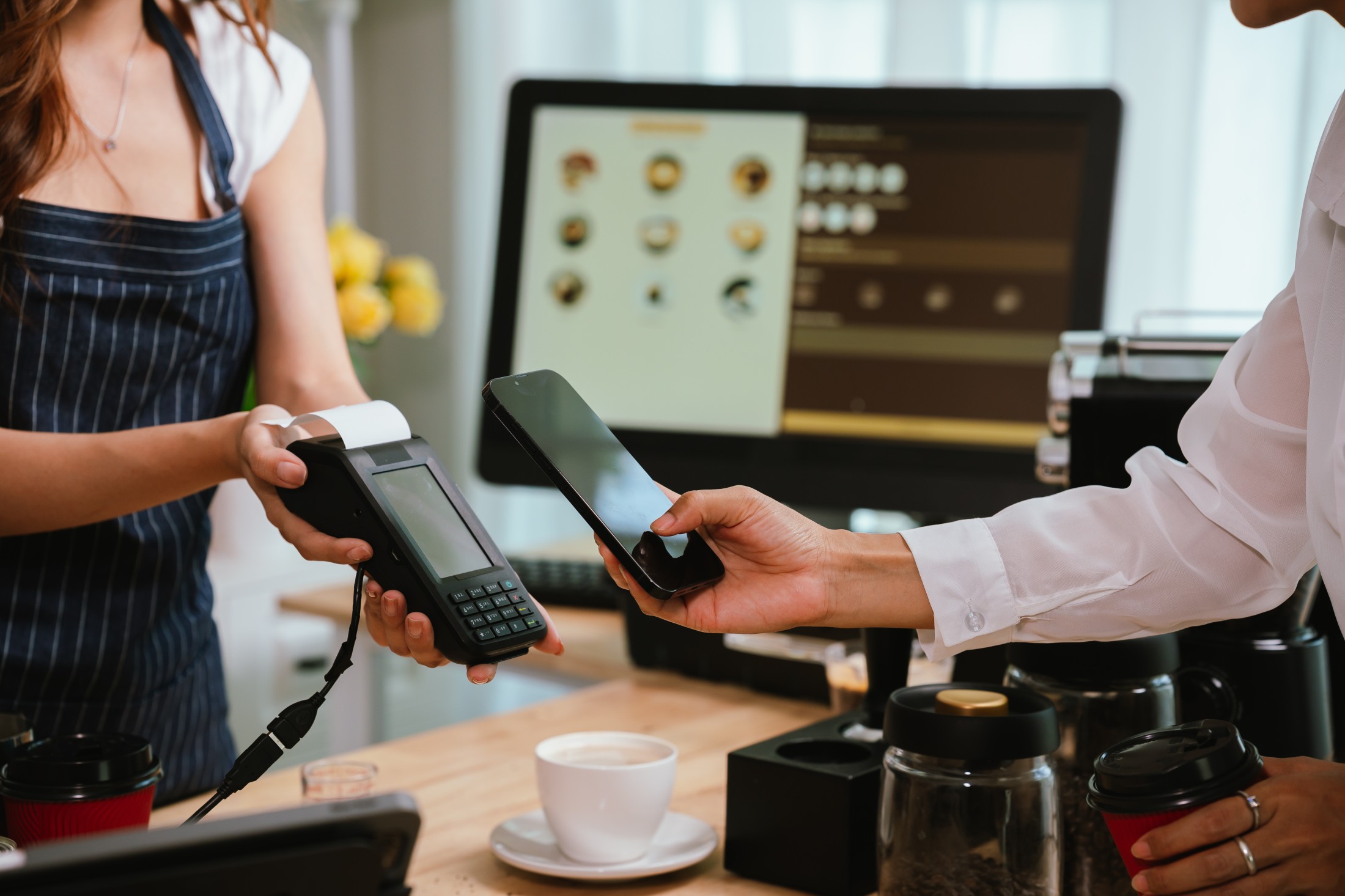Sustainability isn’t just a buzzword anymore—it’s a business imperative. For small business owners, creating environmentally responsible products often comes with unique challenges, from legacy industry practices to global supply chain limitations. But those who manage to innovate in this space aren’t just cutting their carbon footprint—they’re tapping into a growing market of eco-conscious consumers willing to support and pay more for sustainable brands.
Three companies—Oceanfoam, Sabai Design, and Fluff—show how small businesses are finding creative ways to make sustainability the foundation of their business models.
Oceanfoam: From River Inspiration to Carbon-Positive Impact
Zachary Quinn, founder of Oceanfoam, was inspired by his childhood near the St. Croix River to create a product that helped protect water ecosystems. His idea: a foam roller made from recycled ocean plastic. But when he discovered that ocean plastic wasn’t compatible with the required manufacturing process, he pivoted—partnering with a company called Bloom that makes algae-based materials.
The result was a foam roller made from 15% algae and 80% recycled materials from other manufacturing processes. Beyond reducing waste, this approach benefits the environment by removing excess algae from ecosystems. Oceanfoam also partnered with Climate Partner to fund clean water systems in Laos, offsetting carbon emissions and achieving a carbon-positive impact in its first year.
From packaging made with algae paper and ink to a solar-powered office and a recycling program for returns, Oceanfoam has embedded sustainability into every part of its business. The brand now plans to expand its product line to include other water-based goods like pool noodles, all while continuing to prioritize eco-friendly practices.
Sabai Design: A New Way to Furnish Sustainably
Phantila Phataraprasit and Caitlin Ellen founded Sabai Design after struggling to find furniture that was affordable, sustainable, and easy to move. Frustrated by the waste and environmental cost of conventional furniture, they launched a brand focused on modular, repairable furniture made from natural, recycled, and non-toxic materials.
Sabai's pieces are designed to be assembled and disassembled easily, with parts like slipcovers and legs available for replacement. All furniture is made in U.S. factories that pay living wages, and the brand even runs a resale platform, Sabai Revive, to keep used furniture out of landfills.
Sourcing sustainable materials and finding manufacturers willing to try new methods wasn’t easy. But with persistence—and a little luck—they found partners who shared their values. While not all materials could be sourced domestically, Sabai remains committed to transparency and sustainability at every step of the process.
Fluff: Challenging Beauty Industry Norms
In Australia, beauty brand Fluff is redefining what it means to be sustainable in the cosmetics world. Founded by Erika Geraerts, Fluff opens its online store just four times a year, offering minimalist, refillable makeup products made with durable materials like Zamak metal alloys.
Fluff’s mission is to reduce overconsumption, a major issue in the beauty industry, which produces an estimated 120 billion units of plastic packaging annually. Fluff’s small, intentional product drops create anticipation and reduce waste. The brand has also built a strong community around its editorial platform, Fluff Issues, which features personal reflections from customers about beauty, identity, and sustainability.
Rather than chasing rapid growth, Fluff is focused on longevity—creating a business that is sustainable for its customers, the environment, and the team behind it.
The Bigger Picture
These three small businesses are proving that sustainability isn’t just a trend—it’s a viable path forward. By rethinking materials, production methods, and customer engagement, they’re pushing industries to evolve. And while the road to sustainability isn’t always easy, it’s one that more consumers are demanding—and more businesses are beginning to embrace.








